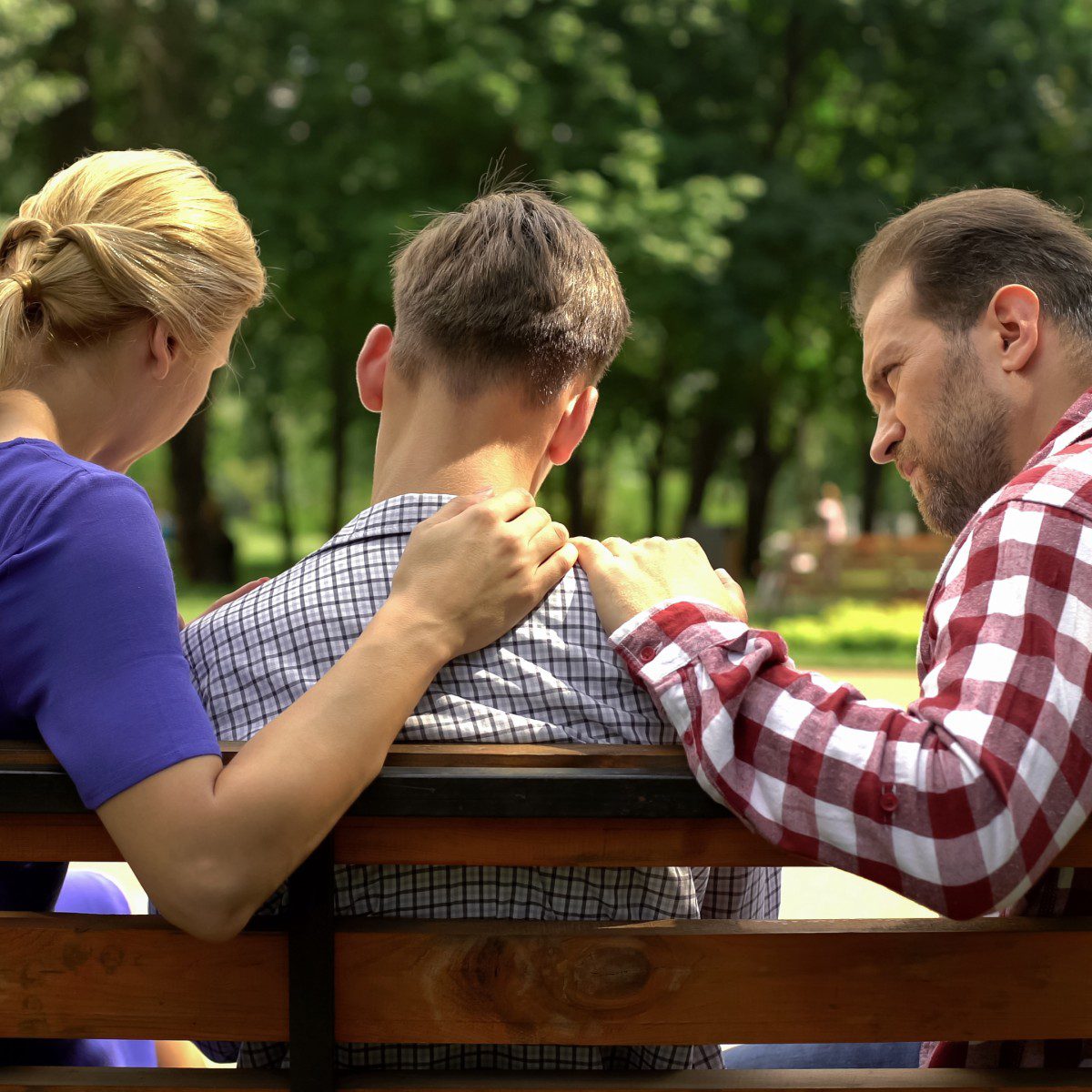The term “brethren” or “brothers” appears in most books of the New Testament. While it is sometimes used to describe people who are related through bloodlines it is most often used to identify people who are joined together in Christ. It is a family term and was adopted by the Holy Spirit to signify the oneness of those people who, through faith and obedience to their Lord, have been brought into the same body which is the church. We should allow this Biblical term to remind us of the special relationship that exists between Christians; a relationship that rises above any other fleshly connection.
The use of the term “brethren” to signify Christians is not accidental. The persons to whom it applies are brethren because of their unique relationship both with one another and with Jesus. We are brethren because we stand equal within the same family. The Bible refers to us as sons of God (Romans 8:14; Galatians 3:26) and identifies Jehovah God as our heavenly father (Matthew 5:16; 5:45, 48; Luke 11:2). We are further said to be heirs with Christ of the glories of God (Romans 8:15-17). The reader would profit greatly from a careful study of the Romans 8 passage. As in an earthly family the children receive from the father’s estate. Likewise, we will receive from the heavenly Father of his estate. So if all Christians are sons of God and if we are called brothers, aren’t there some implications that flow from this relationship?
Brothers share a unique experience in Christ. There is no earthly relationship that compares to what fellow Christians should enjoy. We share a common faith (Titus 1:4) unfettered by the doctrines of men (Matthew 15:9; Mark 7:7; Ephesians 4:14; Colossians 2:22). It is this faith that will propel us into eternal bliss. While some earthly bloodlines provide great wealth in this world, not a one will offer any hope eternally. Together with our brethren we experience similar struggles and oppositions yet we bear up through them. Soldiers in combat form lifelong bonds built upon their shared dangers and harms. Christians enjoy eternal bonds that are built, in part, on their common struggles (1 Peter 4:12-19). You certainly have friends who are not in Christ. We love them, care for them and depend upon them. But your relationship with them is never the same as the relationship with your brothers and sisters in Christ.
Brothers must treat one another well. In modern culture we often speak of dysfunctional families. These are family units where some expected family support system has failed. Christians must guard against the dysfunction of the family of God. Not everyone in the family is the same. All come from differing backgrounds but stand on equal ground at the foot of the cross. Some brothers are young in the faith and others are more mature. Experiences in the church and in life may sometimes cause people to view events differently. Although it can be dangerous, it is often common, that brothers tend to associate with other brethren who are more like they are. We must always remember that despite our differences we are linked eternally with our brethren and ought to love them deeply (2 Thessalonians 1:3; 1 Peter 1:22; 1 John 3:14). The Corinthians struggled with their cliques and were reminded by Paul that they were not to show disrespect to some while showing preference and honor to others (1 Corinthians 12-14).
Brothers must look out for one another. None of us is able to gain salvation on our own merits. Indeed we are saved by grace through a working, active faith (Ephesians 2:8; James 2:14). But brethren do play a role in helping one another remain faithful. James said that we cover a multitude of sin when we turn a sinner from error (James 5:20). Paul writes that brothers should watch for one another and restore them (Galatians 6:1-5). Brethren share common trials (1 Corinthians 10:12, 13) and must be prepared to assist one another through life. No one is better equipped to help us through our trials than our brethren. Indeed, Jesus is also a brother (Romans 8:15-17) who is touched by our own struggles (Hebrews 4:15). Let us both look out for one another and accept the gentle guidance of our brethren when we stumble.
The relationship we enjoy in Christ is special and we need to cherish and build upon our relationships in Christ. As the Bible encourages, let us love the brethren!



1 comments On Brotherhood of Believers
Pingback: Friday Links Roundup: Visiting Edition « The Faughn Family of Four ()
Comments are closed.